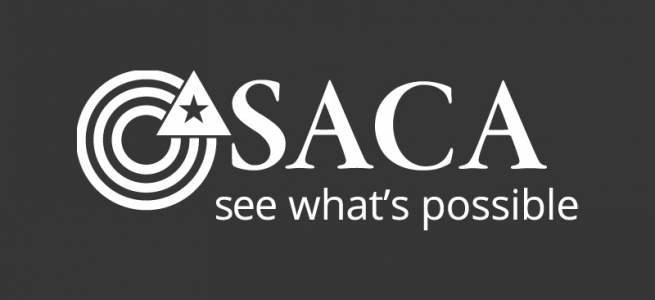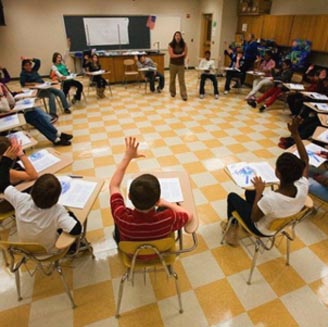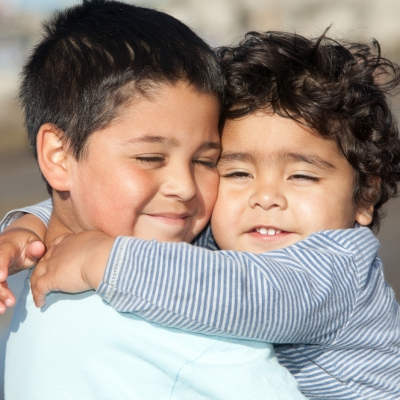Better Healthcare for the Black Community

Dear Members, Friends, and Supporters of the SACA Family,
We have always believed that when the Latino community thrives, the whole community thrives. There is an uncomfortable truth behind our mission – our black and brown community needs special help because they face unique and often greater challenges. Sadly, COVID-19 and other recent events have turned out to be cases in point for this.
Diseases don’t discriminate, but our care, protection and preparation does. Amidst the pandemic, we have seen that black and brown people have contracted and are dying of COVID at a higher rate than other ethnic groups nationwide. Yet there is nothing unusual about black or brown bodies – no predisposition to the disease, no issues of cleanliness, and no weakness in the immune system. Rather, our black and brown communities are underfunded, under-resourced and undereducated, amidst the coronavirus pandemic, their lack of privilege has become especially apparent:
- Many of them hold jobs that do not permit them to work from home – forcing them to choose between going to work (and risking exposure) or losing their source of income. (COVID-19’s assault on Black and Brown communities)
- Many hold positions that are deemed essential such as medical assistants, nursing assistants, and other hospital staff. (COVID-19’s assault on Black and Brown communities)
- They struggle to access healthcare, get tested, and get treatment due to the structure of our medical system. (COVID-19’s assault on Black and Brown communities)
- Many more of them suffer from chronic diseases that put them at greater risk of COVID complications and death – chronic diseases that stem from lack of preventative care. (Why Racism, Not Race, Is a Risk Factor for Dying of COVID-19)
- Many more live in unhealthy places – suffering from food deserts, limited space to exercise or social distance, and polluted air. (Why Racism, Not Race, Is a Risk Factor for Dying of COVID-19)
- Personal protective equipment (PPE) has been very slow in coming, and many still have not accessed it. (Why Racism, Not Race, Is a Risk Factor for Dying of COVID-19)
Too often, this is how racism affects our community – not through intention, but through ignorance and entitlement. Governments and other organizations simply do not think to address the racism that puts Latinos and African Americans (Black) and other People of Color in situations that make them more likely to get sick or that make them less likely to get the care and attention they need once they are sick.
But COVID is not the only danger that the black and brown community faces. Even without the current pandemic, black and brown people suffer from another public health crisis – racism. The recent deaths of George Floyd and Breonna Taylor, to name a few, have reminded us that too many Black and Brown people in our community suffer from police brutality, and the death of Ahmaud Arbery shows us how racist assumptions can kill. Moments like this remind us of why we strive to serve the underserved. Too many black and brown people can’t breathe – whether from COVID or police brutality – and we need to address their needs, to fight for them.
As Martin Luther King wrote from his Birmingham jail cell in 1963, “Injustice anywhere is a threat to justice everywhere. We are caught in an inescapable network of mutuality, tied in a single garment of destiny. Whatever affects one directly, affects all indirectly.”
The way we structure opportunity matters. SACA was founded to end the cycle of poverty and provide community resources and services to a community marginalized and left out. We cannot solve every problem, but we know that after COVID there will be jobs that are not coming back and people in our community who will be suffering medically from the aftereffects of COVID. Our work will be more important than ever, and we ask that you consider supporting our mission to serve those most marginalized in our community with a charitable gift.

Jaqueline Fisher, MHSA, ICADC, CAAP, CCPG
Executive Director Spanish American Civic Association
Director of Behavioral Health Nuestra Clinica



